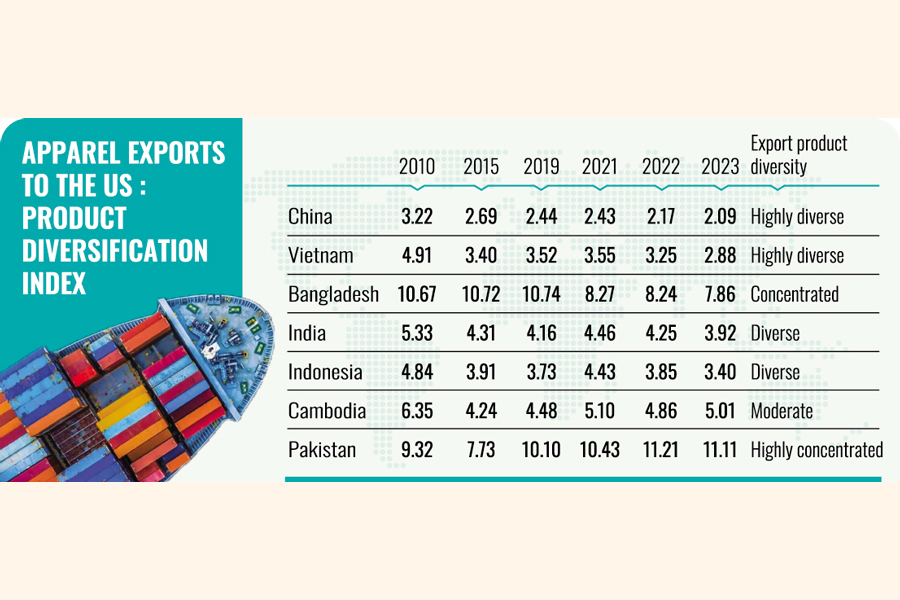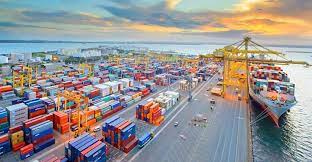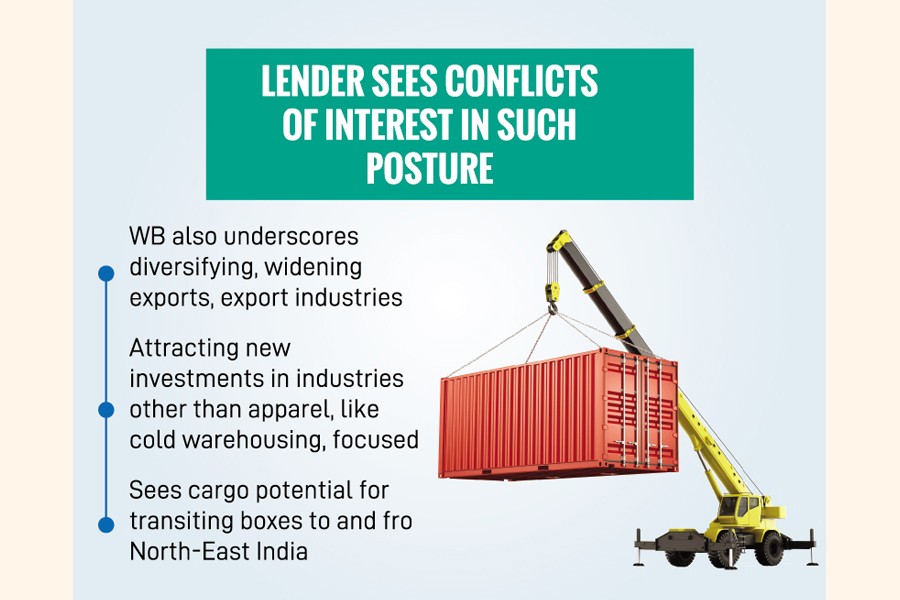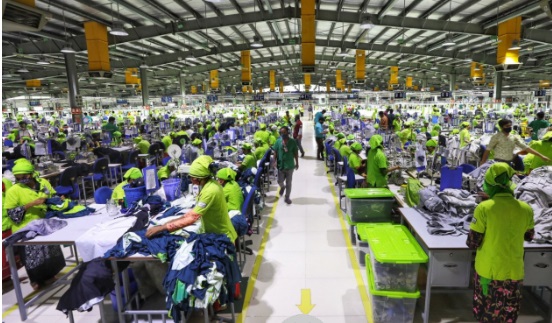BGMEA DAILY DIGEST
News published in media related to RMG: Today’s RMG News
February 17, 2024


The Financial Express
Bangladesh remains mired in basic items
Diversify or die: it's an adage that sounds like an alarm bell ringing loudly and for a long duration, but it still fails to awaken the local apparel industry in the face of the rapidly changing global market. The fact is again evident in an analysis of US apparel sourcing in 2023. Faruque Hassan, president of BGMEA, acknowledged that Bangladesh still produces large volumes of basic garments, but argued that value-added production has also begun. Citing US data, he noted that the unit price of local garments increased last year compared to 2022, which is a positive sign. He further pointed to rising imports of non-cotton materials like polyester and man-made fibres in recent months, suggesting an increase in the production of value-added and non-cotton-based garments in Bangladesh.Mahmud Hasan Khan, managing director of Rising Group, provided historical context, noting that all garment-producing countries start with basic items before transitioning to more diverse offerings.

The Daily Star
Garment makers seek policy on virtual marketplaces
Garment manufacturers have sought a policy from the government on virtual marketplaces, saying they cannot enter into deals with international clothing retailers and traders in absence of dedicated international payment gateways for them. The existing policy on online marketplaces is limited to only domestic markets, although e-commerce platforms are the main tool for sales of goods both at home and abroad, they said. In this age of virtual connectivity, people of all ages are spending more time in the virtual world, said Faruque Hassan, president of the Bangladesh Garment Manufacturers and Exporters Association (BGMEA), in a statement.For the fashion industry, it has created new opportunities since consumers are increasingly becoming inclined towards digital shopping, he said.

কালের কন্ঠ
রপ্তানি পণ্যবাহী কনটেইনার স্ক্যানিং শেষে উঠবে জাহাজে
এত দিন আমদানি করা পণ্যবাহী কনটেইনার জাহাজ থেকে নামানোর পর সেগুলো স্ক্যান করা হলেও রপ্তানি করা পণ্যবাহী কনটেইনার স্ক্যান করার সুযোগ ছিল না চট্টগ্রাম বন্দরে। তবে এখন থেকে রপ্তানি করা পণ্যবাহী কনটেইনারগুলোও স্ক্যান করে জাহাজে তোলা হবে। এর মাধ্যমে ইন্টারন্যাশনাল শিপ অ্যান্ড পোর্ট ফ্যাসিলিটি সিকিউরিটি (আইএসপিএস) কোডের শর্ত পালনে আরো এক ধাপ এগিয়ে যাবে চট্টগ্রাম বন্দর। ঠেকানো যাবে অসাধু ব্যবসায়ীদের মিথ্যা ঘোষণা, ওভার-আন্ডার ইনভয়েসিংয়ের মাধ্যমে রাজস্ব ফাঁকি, মানি লন্ডারিং ও রপ্তানি প্রণোদনা আত্মসাতের মতো কর্মকাণ্ড।

The Financial Express
CPA should shun dual role of regulator, cargo handler
Chittagong Port Authority (CPA) would be well advised to shun dual role as regulator and cargo operator at the same time to avert conflicts of interest as the seaport is on the cusp of operational model change. The World Bank has made such suggestion as the CPA is gradually adopting 'Landlord Port Model' by appointing foreign cargo operators in newly built port terminals. Its suggestion got through a programme in Dhaka with the stakeholders as the multilateral lender conducted an institutional and regulatory review titled 'Bangladesh Maritime Ports Sector PPP Support'. The CPA, one after another, is leasing out its terminals on the Bay of Bengal to private sectors, especially to foreign operators, and inviting foreign investments in this sector.

The Business Standard
Bangladesh's leap from poverty to textile powerhouse offers lessons for countries in Africa
Bangladesh's economy was in ruins in the early 1970s. It had just won its independence from Pakistan in a nine-month war. It emerged as a very poor, densely populated country largely dependent on jute production and subsistence farming but unable to feed its people. In 1974, it fell into a devastating famine. A World Bank economist visiting the western part of the country around that time described it "like the morning after a nuclear attack."